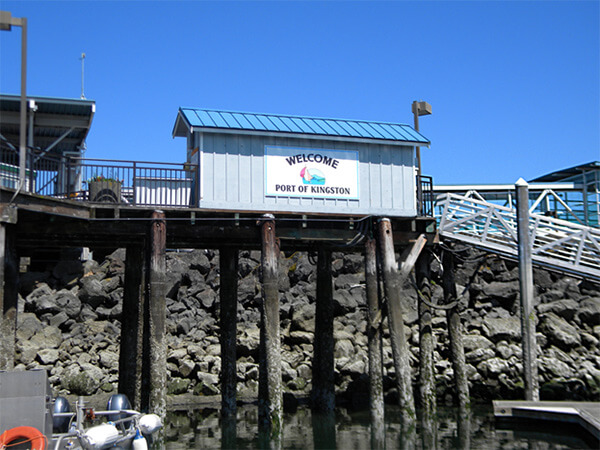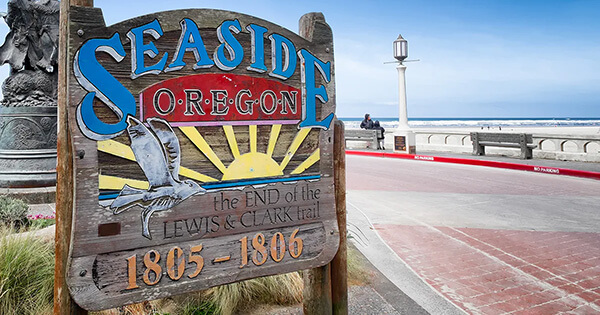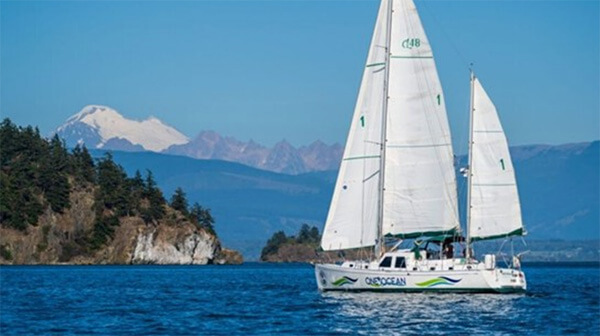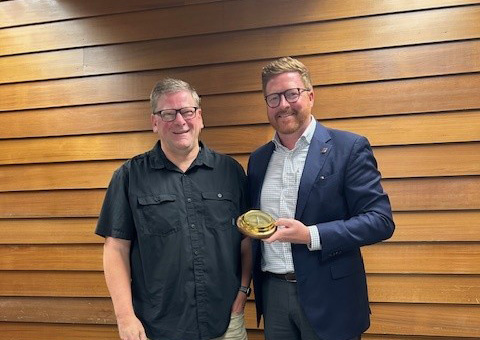
By Gerry O’Keefe
Senior Director of Environmental Affairs
SB 5373 is an alternative to the cap and trade bill sponsored by the chairman of the Senate Environment, Energy and Technology Committee. It has not yet been scheduled for a hearing. The bill itself can found here.
In brief, the bill:
-
Establishes a carbon tax to be assessed at $25 per ton of greenhouse gases emitted and to be paid by the first possessors of carbon-based fuels used in Washington. The fee is automatically increased 5% per year.
-
Revenue from the carbon pollution may only be used to fund projects and activities that reduce greenhouse gas emissions and mitigate the environmental impacts of greenhouse gas emissions and climate change.
-
Motor vehicle fuel or special fuel that is used exclusively for agricultural purposes by a farm fuel user, log transportation is exempt from the tax for 5 years, to provide for a “feasible” transition.
-
Energy-intensive, trade-exposed (EITE) businesses are exempt from the tax pending a report from the Department of Ecology regarding the effect of the tax on their ability to compete.
-
Tax revenue is dedicated “first and foremost” to pay debt service on bonds. Bill language is crafted to allow bonds to be issued outside of the state debt limit and avoid the 60 percent threshold required to authorize bonding backed by the “full faith and credit” of the state.
-
The state finance committee is authorized to sell bonds totaling $4.943 billion.
-
Allocation of bond proceeds is complex, but includes:
-
At least 35 percent of total investments must provide direct and meaningful benefits to vulnerable populations within the boundaries of highly impacted communities.
-
A minimum of 25 percent of total investments must be for the benefit of projects located in rural areas of the state.
-
At least 10 percent of the total investments must be used for programs, activities, or projects formally supported by a resolution of an Indian tribe, with priority given to otherwise qualifying projects directly administered or proposed by an Indian tribe.
-
Specific categories of eligible projects or activities are established. These include:
-
Projects and incentive programs that yield verifiable reductions in greenhouse gas emissions, including transportation emissions, with high priority placed upon funding projects that directly benefit economically distressed areas; and,
-
Projects that increase the resilience of the state’s waters, forests, and other vital ecosystems to the impacts of climate change, and increase their carbon pollution reduction capacity through sequestration, storage, and overall ecosystem integrity.
-
Port district projects may qualify for funding within these categories.





